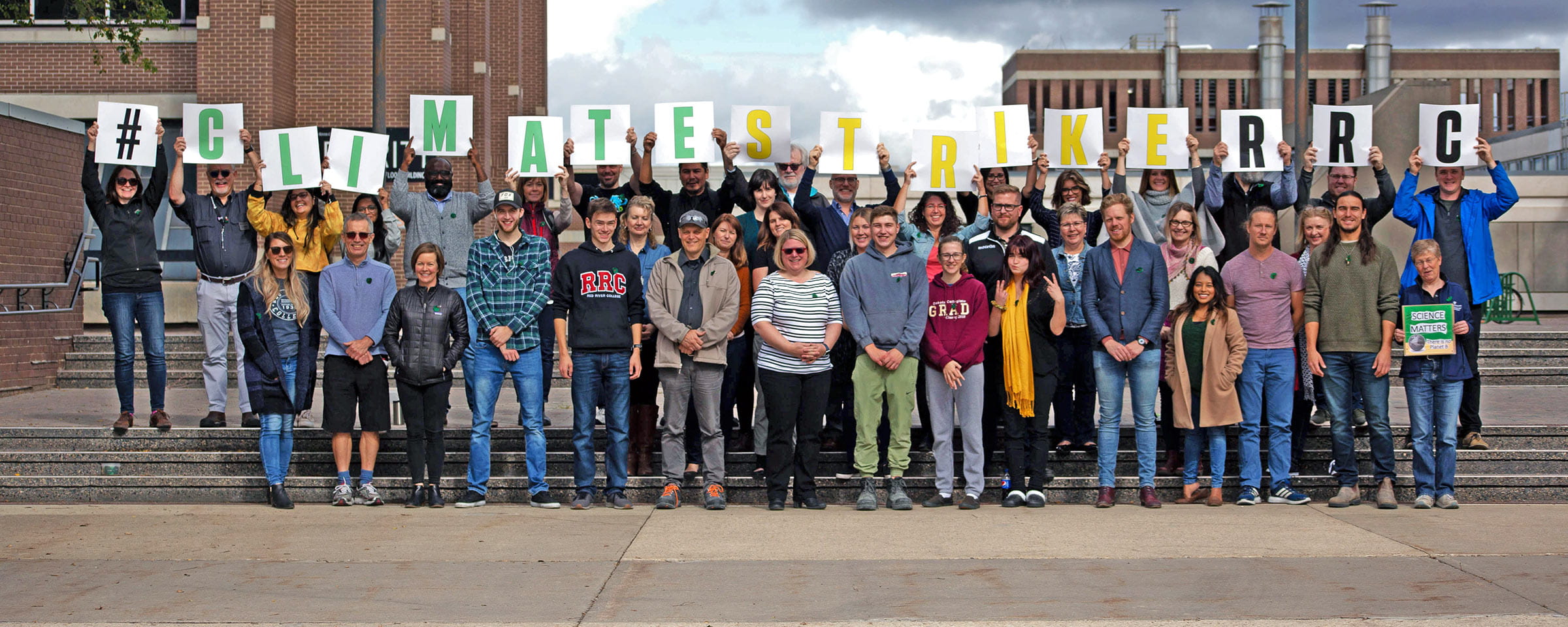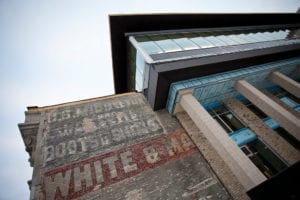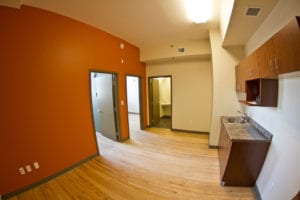Refuse, Reduce, Reuse and Recycle this Waste Reduction Week – and Always!
RRC is celebrating Waste Reduction Week from Monday October 22nd to Friday October 26th to engage and raise awareness on how much waste we as individuals create, and the easy changes we can make to reduce this. This is also an opportunity to celebrate the changes we have made, and the impacts both of these can make on the health of our planet environmentally, socially and economically.



